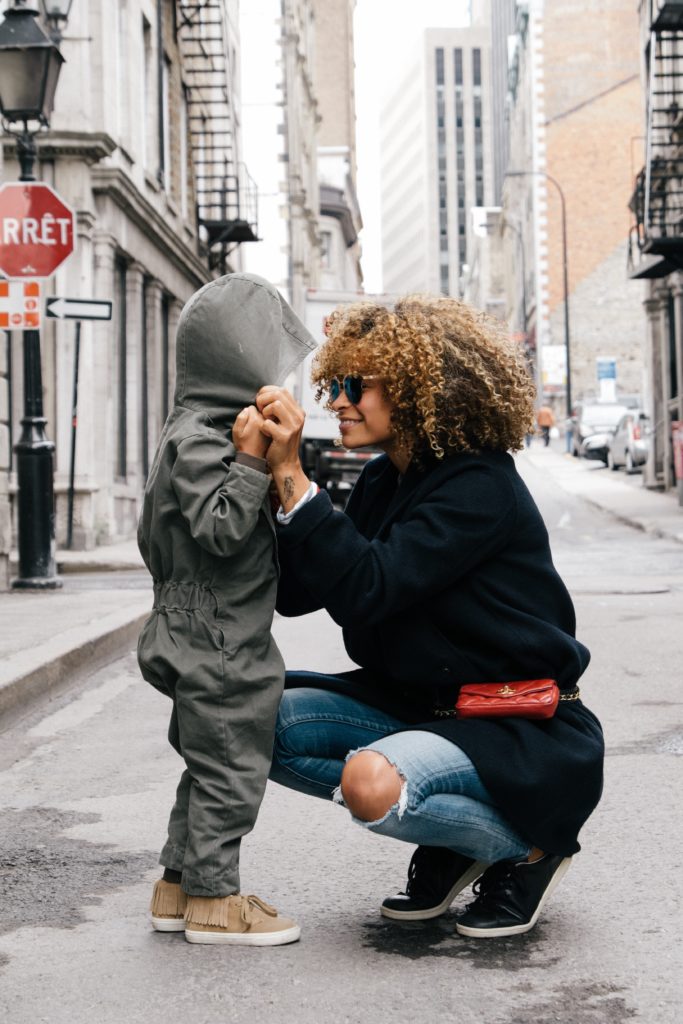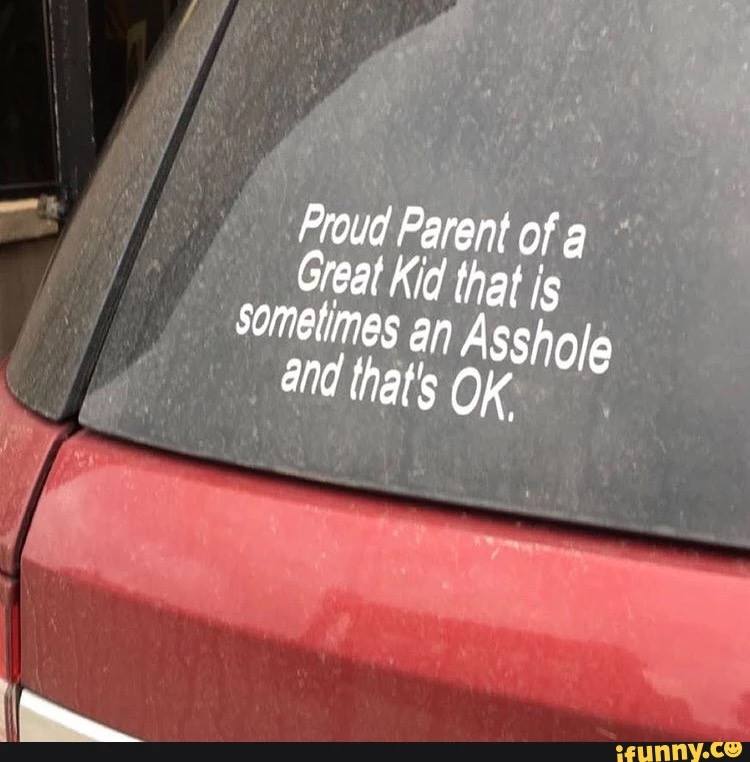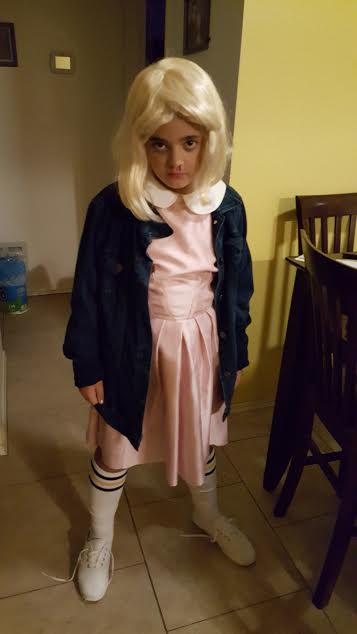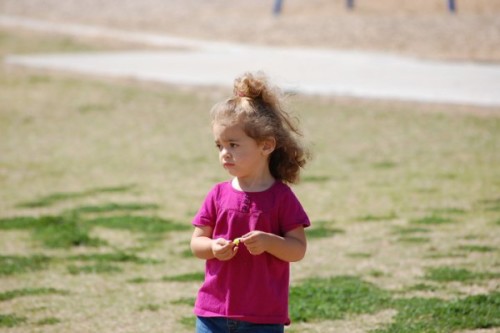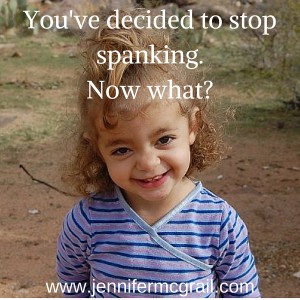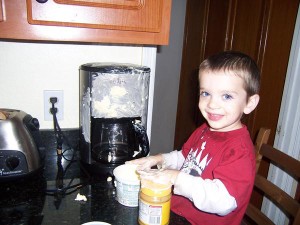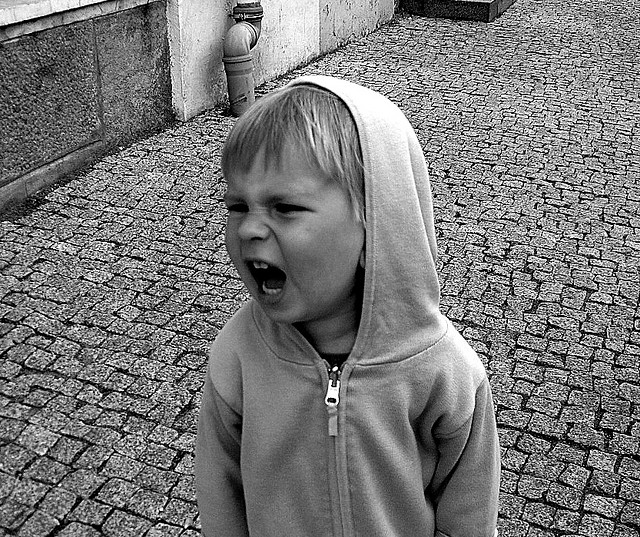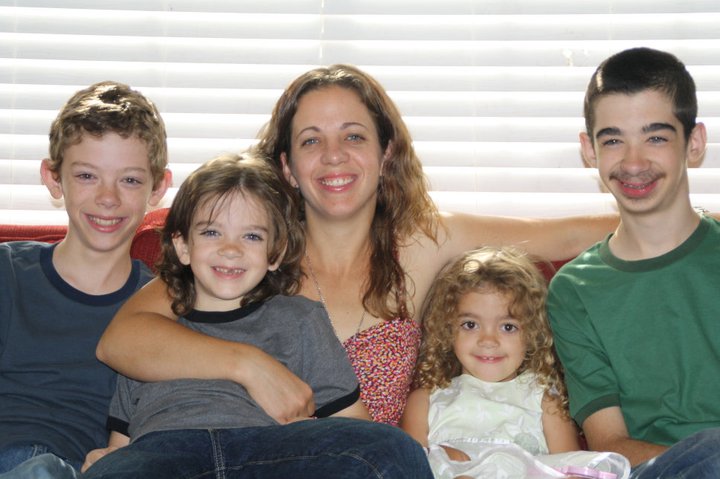
Let me paint a picture for you.
You’re 6 years old. You just came off the excitement of Halloween. Thanksgiving is coming, followed by Christmas just a few short weeks later. You’re going to holiday parties and special events, your schedule is all out of whack, and you’ve been eating all kinds of rich, sweet, and complicated foods. You’re spending time helping to decorate, and make gifts, and make cookies and other treats. You’re probably not sleeping very well because you’re excited and everything’s thrown off, and your six-year-old self is buzzing with restless energy, anticipation, and – if we’re being honest – likely some exhaustion and over-stimulation too.
And then, right at the breaking point, right at that moment when what’s needed most is some collective down-time, some deliberate slowing and reconnecting and a heap-load of grace….. your (probably well-meaning) parents tell you that a magic old man is watching your every move, that if you make any missteps he’s going to know about it, and that if you’re not good enough, you’re not going to get any presents at Christmas. And then, lest you don’t believe it, they install cameras, just to be sure you’re properly submissive. Or afraid. Or both.
Surely I can’t be the only one who realizes how completely manipulative, not to mention illogical, this is?
In Christmases-past, I’ve written about my issues with the Elf on a Shelf, but I’m new to the whole concept of Santa Cams. When I first heard about them, it was in the context of ornaments for the tree. Cutesy little balls painted like cameras, sold by about a million different vendors on Etsy. The premise is as simple as it is creepy; Santa watches you through the camera, and if you misbehave (a word I can’t stand, but am using for the sake of illustration), you won’t get any presents. As if those weren’t bad enough, someone recently brought my attention to the more insidious – and much, much creepier – version: cameras that are meant to mount on the child’s bedroom wall or ceiling.
You guys, I cannot overstate how disturbed I am by these Santa Cams.
Because there are just so very many things wrong with them, and because I think better in lists, here are my top five reasons to – at a bare minimum – carefully consider whether or not you want to instill (and install) something like this in your own home.
1. It teaches that giving is conditional
Let’s just start there. No one should ever have to “earn” their gifts, Christmas or otherwise. By definition, a gift is something that is given freely, without condition, and without expectation. Something that – ideally – comes from the heart and the generosity of the giver. Teaching your kids that they need to behave a certain way in order to get Christmas gifts not only destroys and mocks the whole premise of giving, it ensures that their future relationship with giving will be a warped and unhealthy one. I want my kids to give because they want to give, not because someone jumped through some requisite hoops in order to be deemed worthy.
2. It encourages behavior that is driven by extrinsic (rather than intrinsic) motivation
So let’s get this question out of the way. Do Santa Cams “work”, in terms of getting children to behave in a certain way? Quite possibly, depending on the kid. But just to be clear on what’s really happening: They’re being driven by something external. They’re performing strictly because of the promise of reward and/or the fear of punishment. That’s it. It doesn’t actually teach them anything, except that gifts are conditional, that it’s okay to manipulate people into doing what we want them to do, and that the only reason to behave reasonably is because a jolly fat man might take away your stocking if you don’t. Take away the promise of presents, and what motivation do they have then? People, of any age, should act according to their own inner sense of right and wrong, their own innate wisdom that informs them how they want to behave, and how they want to treat others. Children by nature are incredibly giving, and loving, and kind. They are, by nature, good …. until and unless that natural inclination is squashed and skewed by things like punishments and rewards.
3. It’s manipulative.
As parents, we know that there is no literal Santa Claus that lives at the North Pole. We know that if our kids are going to get presents, we’ll be the ones providing them. We know that the Santa “camera” is nothing more than cheap plastic (and, if we’ve splurged on the fancy one, a set of AA batteries for an LED blinking light). We know that our children are already overtired, under-rested, and all hopped up on sugar and adrenaline. The kids know none of that. They just know that they’re excited. They know they want fun new presents on Christmas morning. They actually believe that Santa is watching them, because that’s what their parents told them. Parents take advantage of that trust and that naivete because they know that by controlling them through the threat of punishment and the promise of reward that it will make their lives just a tiny bit easier. It is the very definition of manipulation, and manipulation isn’t nice. Which brings me to:
4. It is damaging to your relationship
Nothing good ever comes from taking advantage of and manipulating someone in a relationship. Ever. In fact, people spend entire lifetimes trying to recover from being manipulated by parents, partners, siblings, friends, churches ….
Relationships, including, or especially!, between parent and child are precious, and need to be treated with care. Once trust is broken, it’s a tricky tricky thing to repair. That is not to say that wounds can’t be healed, or that wrongs can’t be righted. Sometimes they can, and sometimes the damage is just too deep. But given the preemptive choice to do the unkind, manipulative thing, and to… well, NOT do it, the latter is always the better option. The age-old adage still holds true: treat others how you would like to be treated yourself.
5. It raises some serious and confusing messages in the realm of privacy and consent.
I saved this one for last because it’s at once the most disturbing, and the one most likely to prompt people to say, “Oh come on, you’re taking this way too far.” But I beg you to hear me out. Hearing that this was something that people were actually hanging in their children’s bedroom raised major, major red flags for me. In this current climate under a president who brags about “grabbing women by the p*ssy” I think it’s safe to say that there’s a really grossly blurred line when it comes to privacy and consent. I think it’s also safe to say that it’s more important than ever to talk about these issues at home, whether you have boys or girls. Kids need to know about privacy. Kids need to know about consent. So I ask you, in all sincerity, where does a peeping, spying old man fit into a healthy model of consent? How do you ever reconcile sending your young kids the sickening and confusing message that it’s okay if someone watches you undress and sleep if they hold the power to give or withhold presents?? Yes, they’re not actually being watched. But the kids don’t know that. The kids believe they’re actually being watched. They believe their parents know about it. And they believe it’s okay because it’s a benevolent old guy with a magic sack of gifts.
It’s creepy.
It’s disgusting.
It’s dangerous.
Regardless of your religious beliefs, regardless of where you stand politically (I’m already wondering if I’m going to kick myself for including the Trump reference, not gonna lie), regardless of how you do or not celebrate Christmas or Hanukkah or Kwanzaa or Festivus … I hope that we can agree that the holidays should be about love and kindness, giving and generosity.
Which should never, ever include manipulating the people we love the most.


